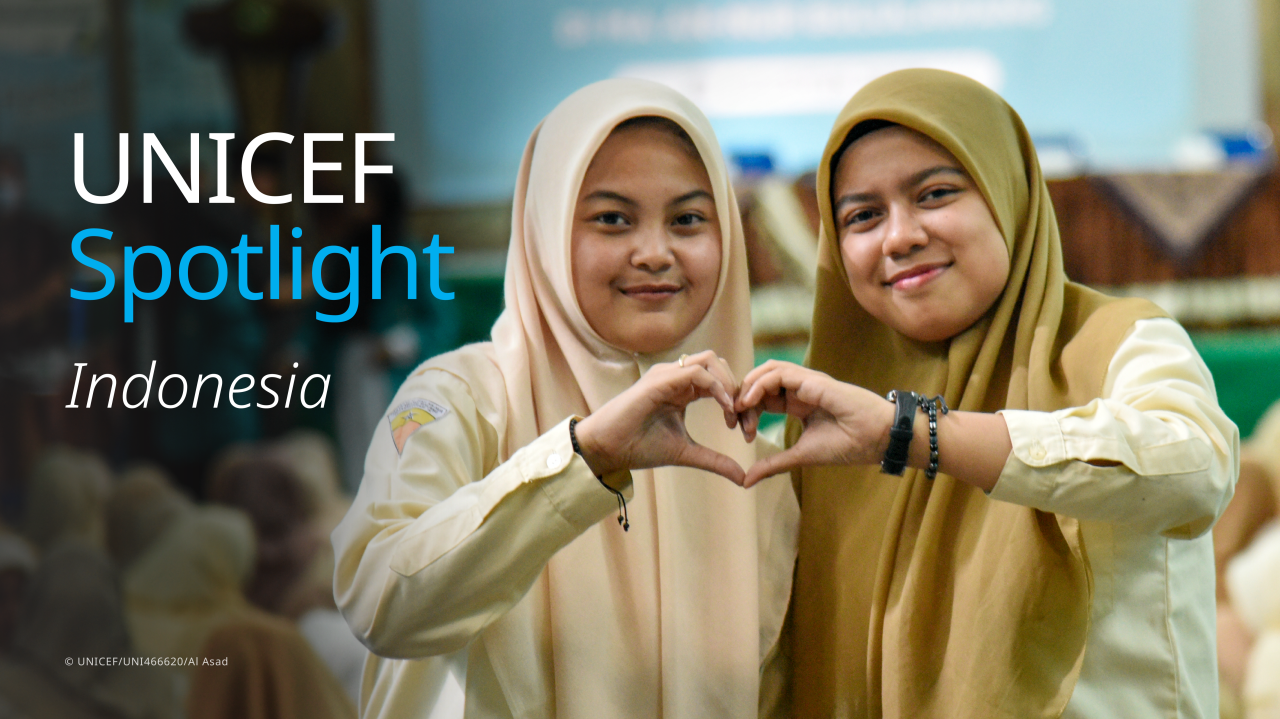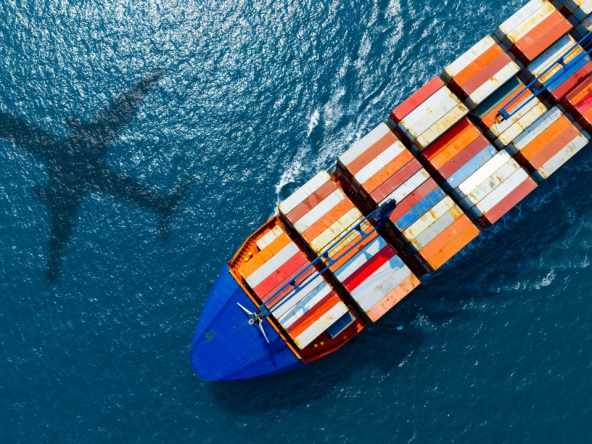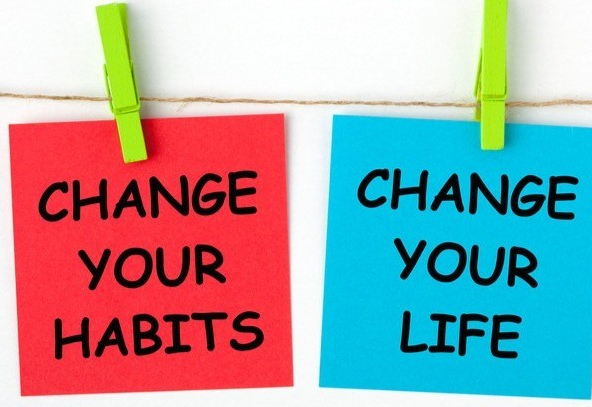
UNICEF
5,028,399 followers
March 27, 2025
This month, we journey to Indonesia, where bold partnerships and innovative solutions are rewriting the story for children and their families.
From tackling stunting to empowering local communities, discover how UNICEF and its partners are sparking real change and shaping brighter futures for every child.
Since 1948, UNICEF has been at the forefront of safeguarding the rights of every child in Indonesia, home to the world’s fourth-largest child population.
UNICEF’s mission in Indonesia is to ensure that all children, particularly the most vulnerable, have a fair and equitable start in life. This includes guaranteeing that all girls and boys, regardless of their location, family income or disability, have equal access to quality services and the opportunity to reach their full potential.
In addition to its headquarters in Jakarta, UNICEF operates from seven field offices located in East Java, Aceh, East Nusa Tenggara, South Sulawesi and Papua. These offices play a critical role in addressing localized challenges and improving service delivery in rural and urban low- and middle-income communities.
By advocating with the local governments to place children at the centre of laws, policies and services, UNICEF works to secure every child’s right to health, nutrition, water and sanitation, protection, education and empowerment.

In the wake of the COVID-19 pandemic, Indonesia faced an unprecedented crisis. Widespread learning loss and economic hardship left many children with little choice but to leave school. Sixteen-year-old Sava, from a small village in East Java, was one of them.

The financial burden of school fees, books and supplies became too heavy for her family to bear. “There were so many things to pay for,” Sava reflects. “I didn’t want to ask my mother for money because I knew we didn’t have much.”
Sava’s journey took a hopeful turn when she was identified through a system, supported by UNICEF, that helps local authorities track children at risk of dropping out or those who have already left school.
“One day, someone from the village office came to our house and asked if I wanted to go back to school. They wrote my name down and I started again the next day,” Sava says.

In Sava’s district of Trenggalek, local authorities identified nearly 4,000 out-of-school children. With this accurate data, districts and provinces nationwide have implemented targeted policies and interventions to address the barriers preventing children from attending school. These measures include offering scholarships, transportation subsidies and basic school supplies.
Thanks to the combined efforts of local governments, partners and UNICEF, there is a growing momentum to bring children back to the classroom. However, challenges remain, with 3.9 million children still out of school across the country.

Since 2021, more than 71,000 children have returned to school and almost 176,000 have been supported to stay in school.
Sava’s story, along with many others, highlights the shared commitment of UNICEF, the Government of Indonesia and our partners to ensure that every child can fully realize their right to quality education.

How did you get into this career?
I grew up in a family of teachers and initially aimed to become a university lecturer, but the opportunities were limited.
My career took a pivotal turn in 2000 when I joined the European Union’s humanitarian office in Jakarta, coordinating aid during conflicts and displacement crises. By 2003, I transitioned to UNICEF Indonesia, focusing on peace-building programmes in conflict zones.
A defining moment in my career came in 2004, when a massive earthquake triggered a tsunami that devastated 12 countries, with Indonesia’s Aceh province suffering the most severe losses, including over 100,000 lives.
The scale of the disaster was immense, highlighting the critical importance of preparedness and swift response. My experience coordinating aid and working closely with affected communities during that time has shaped much of my approach to emergency response and it has driven my passion for ensuring that no child is left behind in the face of disaster.

What has been your proudest moment at UNICEF?
One of my proudest moments was during the response to the 2018 Sulawesi earthquake and tsunami. The disaster, caused by a 7.4 magnitude earthquake off the coast of Sulawesi, impacted an estimated 1.5 million people.
In the aftermath, I played a key role in coordinating the delivery of essential supplies and working with local teams to implement education, water, sanitation and hygiene (WASH) and child protection interventions.
A particularly memorable experience was providing a young boy with his birth certificate on the eve of his birthday. This simple act was about more than just restoring documentation. It was about restoring his identity, dignity and hope amid the chaos.
Witnessing his emotional response, gratitude, relief and optimism, reinforced my commitment to helping individuals rebuild their lives after such catastrophic events. It demonstrated the profound impact that even small acts of kindness can have in times of crisis.
What would you say to young people who dream of making a difference in this field?
If you’re drawn to humanitarian aid and emergency response, start by pursuing relevant education in fields like humanitarian studies, public health, or international relations.
Hands-on experience through volunteering is crucial to understanding the challenges and rewards of this work. Resilience is key as it’s physically and emotionally demanding.
Embrace cultural diversity to enhance your effectiveness and communication. Networking is vital. Connect with professionals for insights and opportunities. Stay informed about global issues, as humanitarian needs are always evolving.
Most importantly, let genuine passion and commitment guide you. They are essential to making a meaningful impact in crisis situations.

What is the focus of the Tanoto Foundation’s partnership with UNICEF?
We are deeply committed to reducing stunting in Indonesia – a devastating result of poor nutrition among children that can cause irreversible physical and cognitive development. We have partnered with UNICEF on a five nutrition programme.
This programme, with a US $2.2 million grant from Tanoto Foundation, applies Social Behaviour Change Communication (SBCC) interventions to improve the nutrition and health of children and mothers in Central Java and South Sulawesi.

What impact has the partnership had so far?
The results have been significant, particularly with the launch of the Provincial Guidance on SBCC, which is key to our efforts in implementing effective stunting prevention programmes across all districts in the provinces of Central Java and South Sulawesi.
For example, take Selayar in South Sulawesi. It is one of the hardest-to-reach areas in Indonesia, where stunting rates (stunting refers to a condition where a child is too short for their age) remain alarmingly high. In 2022, 32.1 per cent of children were affected and in 2023, that number was still 31.3 per cent.

Here, UNICEF worked with the provincial and district governments and Jenewa Madani Indonesia, a local CSO (Civil Society Organization), to introduce innovative approaches to ensure that even the most isolated communities receive vital nutrition education and services.
This includes empowering local health workers at the community health centers (Puskesmas), nutritionists, midwives and volunteers to deliver critical stunting prevention messages directly to pregnant women and parents. These efforts are crucial in driving behaviour change and improving the nutrition of children in Selayar.
Another key challenge in this community has been ensuring all children are regularly registered for monthly nutrition status monitoring at the local community health satellite posts, known as Posyandu. With the support of respected community figures more residents have been accessing essential health and nutrition services.

Why is this partnership crucial for the future of stunting prevention in Indonesia?
Together, we are not only addressing the immediate challenge of stunting but also laying the groundwork for long-term, sustainable health improvements in Indonesia. We are proud to be part of this collective effort that is truly making a difference in the lives of children and families across the country.
Learn more about the Tanoto Foundation and its impactful work here.

UNICEF’s mission to reach every child is powered by the generosity of those who believe in a better future.
From governments and foundations to individuals and private sector partners, it’s the support of a diverse network that enables us to protect and champion the rights of every child, especially the most vulnerable.
Want to make a difference? Donate here.
Curious about how we collaborate with the private sector to improve children’s lives? Subscribe to UNICEF’s “Making It Count” newsletter for insights.



